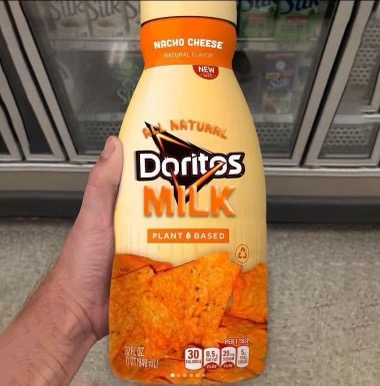

The US Department of Energy…


The US Department of Energy…


I’m starting to suspect Dr. Oetker’s credentials may not be real…
Source is Department of Mind-Blowing Theories by Tom Gauld. I skimmed through some other comics from the book and it’s a goldmine of content for this community. It’s also absolutely something my SO and I would enjoy, so I ordered a copy.
Thanks for sharing!


That’s wild. I’ve always sent people copies when they reach out. It’s especially easy to do so with ResearchGate, but that does require the requester make an account there.
Another option is to ask a librarian to find that specific article, rather than getting them to subscribe to the journal. I had to do this once in grad school for an article in a discontinued journal from the 70s. The librarian found another library that had it and they faxed a copy.


Interestingly, the journal editors have released an expression of concern earlier this year for this article and others by the same author.
SAGE Publishing has been made aware of scientific concerns regarding the work of Dr. Nicholas Guéguen. Multiple concerns have been raised regarding the integrity of the research including but not limited to concerns around data fidelity, replicability of findings, and ethical consent and oversight for studies involving human participants. SAGE Publishing’s Research Integrity Team, in cooperation with this journal’s editors, are currently conducting an investigation into these articles.
This expression of concern will remain in place until the investigation is completed and any further needs for appropriate action have been taken.
It’s commonplace in my field (nuclear physics) to share the preprint version of your article, typically on arxiv.org. You can update the article as you respond to peer reviewers too. The only difference between this and the paywalls publisher version is that version will have additional formatting edits by the journal.
If you search for articles on google scholar, it groups the preprint and published versions together so it’s easy to find the non-paywalled copy. The standard journals I publish in even sort of encourage this; you can submit the latex documents and figures by just putting the url to an arxiv manuscript.
The US Department of Energy now requires any research they fund be made publicly available. So any article I publish is also automatically posted to osti.gov 1 year after its initial publication. This version is also grouped into the google scholar search results.
It’s an imperfect system, but it’s getting much better than it was even just a decade ago.